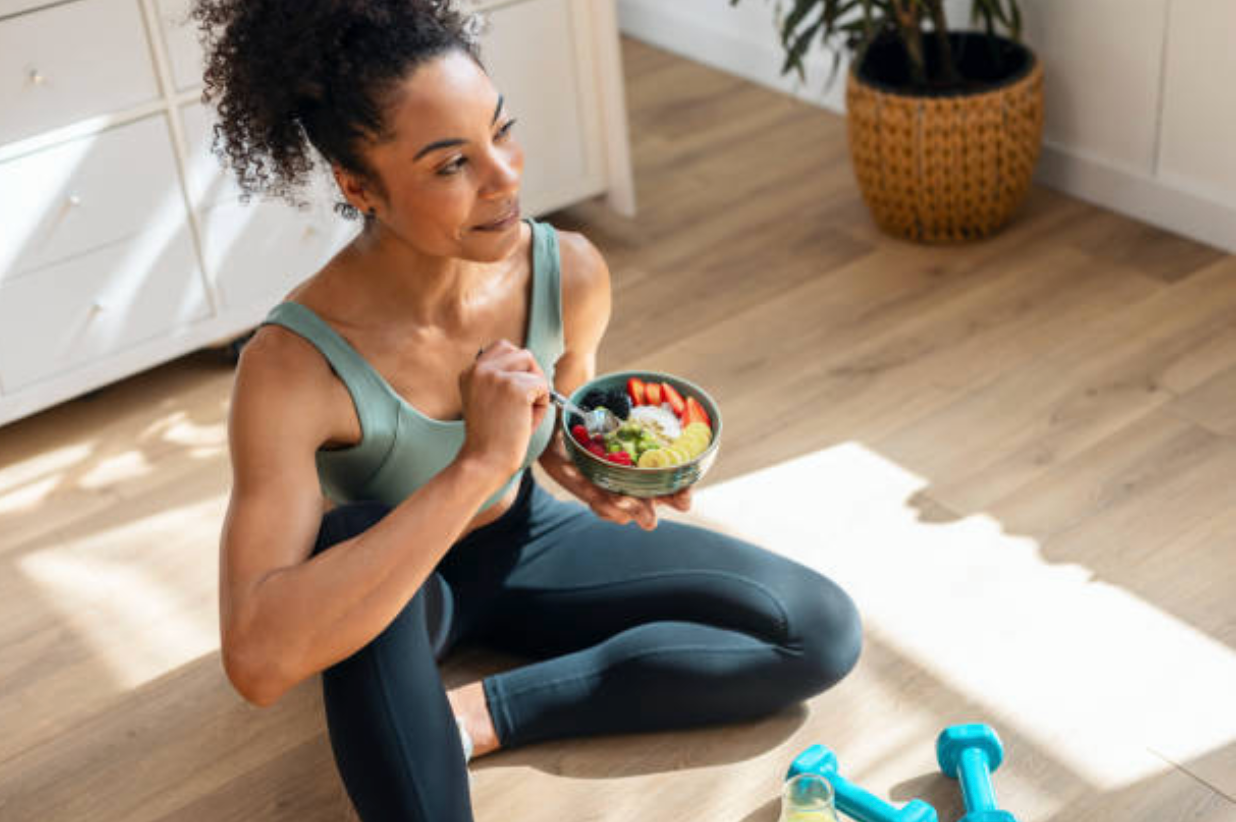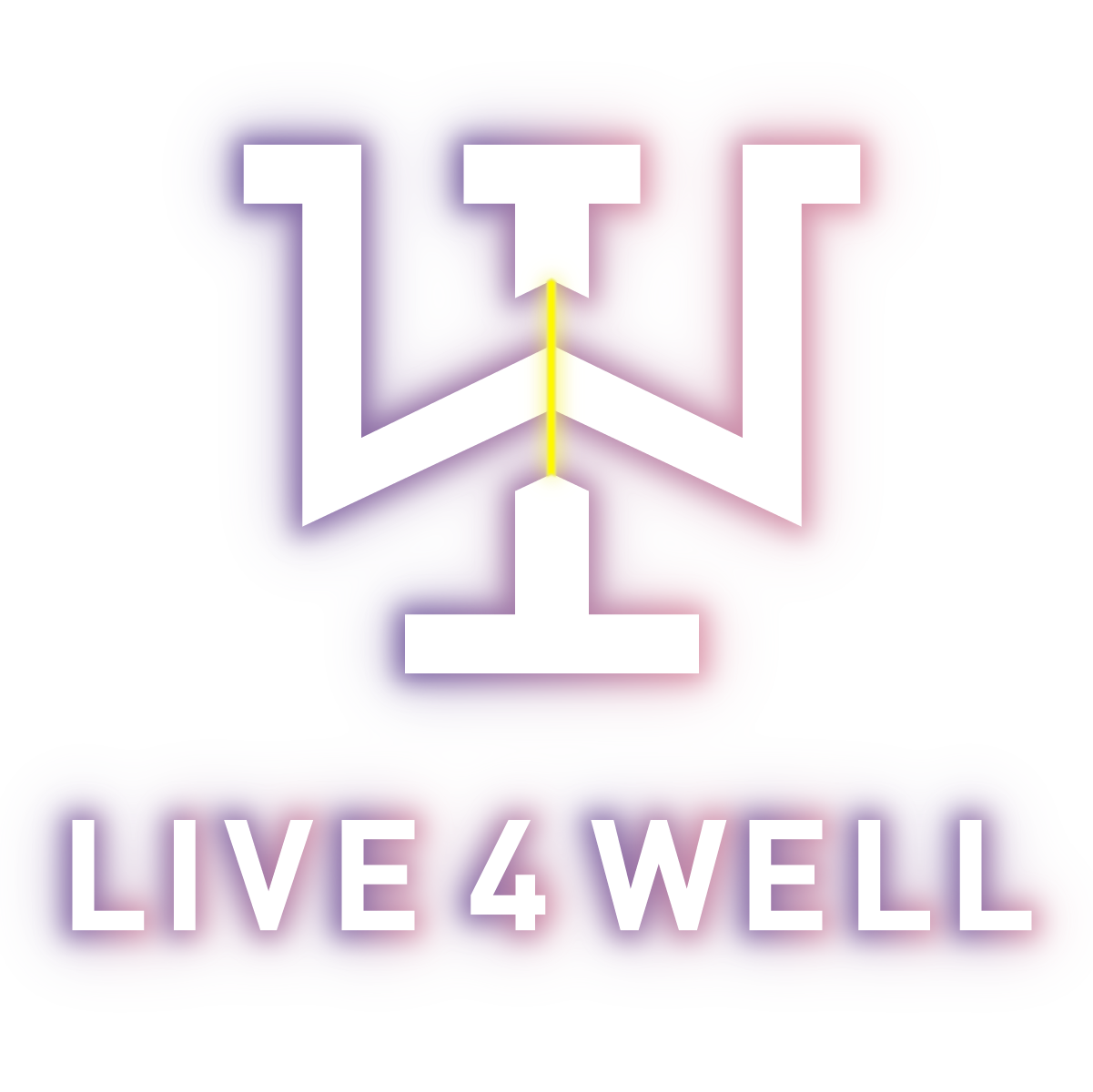
Fueling for Fitness: What to Eat Before a Workout for Maximum Energy, Endurance, and Results
Ever shown up to the gym feeling sluggish, weak, or unmotivated? Or worse, have you ever been halfway through a great run only to be stopped by a debilitating side stitch or a sudden crash in energy?
Chances are, your pre-workout nutrition was to blame.
What you eat before you exercise is one of the most critical factors for performance. It’s the premium fuel you put in your tank before a long drive. Get it right, and you'll feel stronger, last longer, and recover faster. Get it wrong, and you'll sputter out before you even hit your stride.
This guide has a clear beneficial purpose: to provide you with accurate, fact-checked, and actionable information on how to properly fuel your body before any workout. We'll move beyond a simple list of foods and explain the why, what, and when of pre-workout nutrition so you can build a plan that works for you.
Why Bother Eating Before a Workout?
When you exercise, your body's primary fuel source is glycogen. Think of glycogen as your body's personal, high-octane energy reserve, stored primarily in your muscles and liver.
Your pre-workout meal or snack has three main jobs:
-
Top Off Your Glycogen Stores: This is especially important for longer or high-intensity workouts. Full stores mean more available energy.
-
Prevent Muscle Breakdown: Eating protein before a workout provides your body with a steady stream of amino acids. This helps prevent your body from breaking down its own muscle tissue for energy (a process called catabolism).
-
Boost Mental Focus: A well-fueled body supports a sharp mind. Avoiding the "brain fog" from low blood sugar can help you stay focused and maintain proper form, which is crucial for preventing injury.
The "Big 3" of Pre-Workout Fuel: Your Macronutrient Playbook
To build the perfect pre-workout meal, you need to understand the role of the three main macronutrients (entities).
1. Carbohydrates (The Engine Starter)
Carbohydrates are your body's most important and efficient energy source. When you eat carbs, your body breaks them down into glucose, which is either used immediately for energy or stored as glycogen.
-
Complex Carbs: (e.g., oatmeal, sweet potatoes, brown rice, whole-wheat bread). These digest slowly, providing a steady, sustained release of energy. They are ideal for meals 2-3 hours before a workout.
-
Simple Carbs: (e.g., bananas, dates, honey, sports drinks). These digest quickly, providing a fast burst of energy. They are perfect for a small snack 30-60 minutes before you start.
2. Protein (The Muscle Protector)
Protein isn't just for after your workout. Consuming protein before exercise has been shown to increase muscle protein synthesis (the building process) and reduce muscle soreness. It acts as a protective shield for your muscles during strenuous activity.
-
Good Sources: Lean chicken breast, turkey, fish, Greek yogurt, eggs, tofu, and protein powder.
3. Fats (The Slow Burner)
Fats are an excellent source of long-term, low-intensity energy. However, they are very slow to digest. While important for your overall diet, eating high-fat foods immediately before a workout is a common mistake.
-
What to Avoid (Right Before): Greasy foods, nuts and seeds in large quantities, avocado, and full-fat dairy. These can sit heavily in your stomach and may lead to cramps or sluggishness.
The Pre-Workout Fueling Plate: Tailoring Your Meal to Your Goal
Not all workouts are created equal, so your pre-workout meal shouldn't be either. Your macronutrient ratio (attribute) should change based on your goal (entity).
Backup Content & Explanation
Here’s how to adjust your "fueling plate" based on your primary objective:
-
Goal 1: Cardio & Endurance (e.g., running, cycling, HIIT)
-
Plate Makeup: 60-70% Carbohydrates, 20-25% Protein, 10-15% Fat.
-
The Science: Endurance activities are highly dependent on glycogen. You need a carb-dominant meal to ensure your stores are completely full for sustained energy. Protein is still present to protect muscle, but carbs are the star.
-
-
Goal 2: Strength & Muscle Gain (e.g., weightlifting, bodybuilding)
-
Plate Makeup: 40-50% Carbohydrates, 30-40% Protein, 10-20% Fat.
-
The Science: You still need plenty of carbs to fuel heavy lifts, but protein plays a much larger role. A higher protein intake ensures a rich supply of amino acids to prevent muscle breakdown during lifting and kick-start the repair process immediately.
-
-
Goal 3: General Fitness & Weight Loss
-
Plate Makeup: 40% Carbohydrates, 40% Protein, 20% Fat.
-
The Science: This is a more balanced approach. The protein and healthy fats will help with satiety (feeling full), which is key when in a calorie deficit. The carbohydrates provide just enough energy to power through your workout effectively without adding excess calories. The overall portion size will be smaller than the other goals.
-
Timing is Everything: When to Eat Before Your Workout
The timing of your meal is just as important as the what. The closer you get to your workout, the smaller and simpler your meal should be.
If You Have 2-3 Hours: The Full Meal
This is the ideal window for a complete, balanced meal. Your body has ample time to digest.
-
What to Eat: A meal containing complex carbs, a solid portion of lean protein, and some healthy fats.
-
Meal Ideas:
-
Grilled chicken breast, a large sweet potato, and broccoli.
-
A bowl of oatmeal with a scoop of protein powder, berries, and a small sprinkle of almonds.
-
A turkey and avocado sandwich on whole-wheat bread.
-
If You Have 1 Hour: The Small Snack
Your body has less time, so the focus shifts to more easily digestible foods.
-
What to Eat: Primarily carbohydrates (a mix of simple and complex) with a moderate amount of protein. Keep fats and fiber low.
-
Snack Ideas:
-
A cup of Greek yogurt with a handful of berries or a swirl of honey.
-
An apple with two tablespoons of peanut butter (the fat is low enough here to be okay).
-
A hard-boiled egg and a small piece of fruit.
-
If You Have 30 Minutes or Less: The Quick-Fuel
You're in the "go-zone." You need pure, fast-acting energy. This snack should be almost entirely simple carbohydrates.
-
What to Eat: A small, easily digestible, simple carb.
-
Snack Ideas:
-
A banana (the classic for a reason: packed with carbs and potassium for muscle function).
-
A handful of dates or raisins.
-
Two brown rice cakes.
-
A small glass of 100% fruit juice.
-
🚫 What NOT to Eat Before a Workout (The Performance Killers)
To ensure high Trust, we must also tell you what to avoid. Consuming these foods can lead to a poor experience, cramps, and bloating, preventing your page from achieving its purpose.
-
High-Fat, Greasy Foods: (e.g., fast food, pizza, chips). They take forever to digest and can leave you feeling heavy and nauseated.
-
High-Fiber Foods: (e.g., large salads, raw broccoli, beans). While fiber is incredibly healthy, it's slow-digesting and can cause gas and bloating during a workout. Save it for later.
-
Spicy Foods: These can irritate your stomach lining and lead to acid reflux or heartburn mid-exercise.
-
Carbonated Drinks: The bubbles can expand in your stomach, causing discomfort and gas.
💧 A Final Word on Hydration
Don't forget the most important nutrient: water. Dehydration, even as little as 2%, can significantly decrease your performance.
-
The Rule: Sip, don't chug.
-
2-3 Hours Before: Drink 16-20 ounces (about 500-600 ml) of water.
-
30 Minutes Before: Drink another 8-10 ounces (about 250-300 ml).
-
During: Sip as needed to replace sweat.
The Takeaway: Listen to Your Body
While these guidelines are based on established nutritional science , the most Experienced expert on your body is you. Use this guide as your starting point. Experiment with different foods and timings to find the personal formula that makes you feel strong, energized, and ready to conquer any workout.


